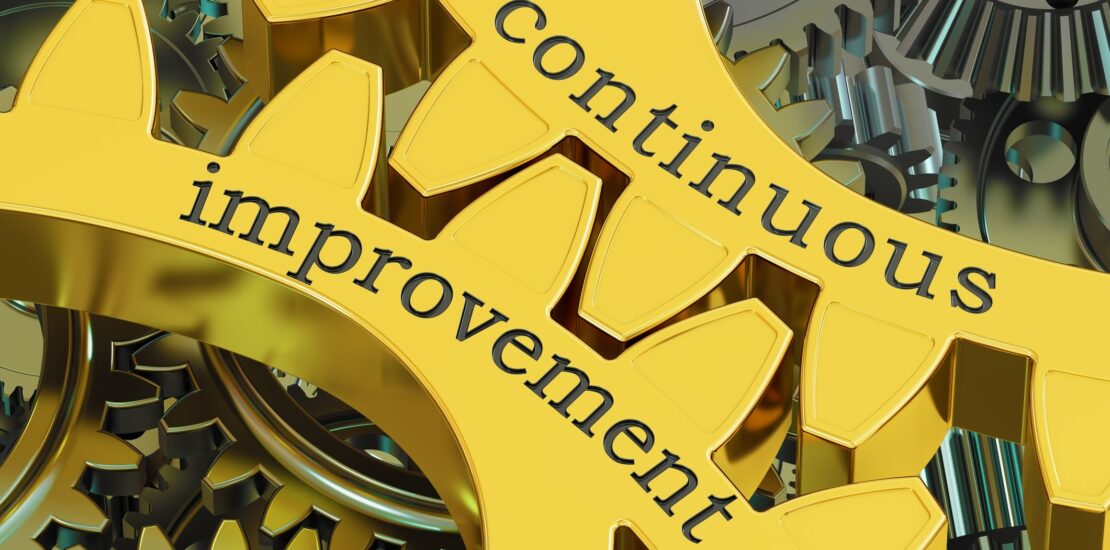key to growing revenue
-
What Sales Organizations Must Learn from the Impeachment Hearings
- November 22, 2019
- Posted by: Dave Kurlan
- Category: Understanding the Sales Force

This is not a political article but I will use the impeachment hearings as an example to set the stage for my insights. Currently in the USA there are 3 major schools of thought relative to the impeachment hearings:
Most Democrats and Liberals: “We hate Trump and we want to see him impeached.”
Most Republicans and Conservatives: “We love Trump and hate what they are trying to do to him.”
Most Independents: “They should follow the facts and make an informed decision.”
Suppose that instead of the impeachment hearings we are analyzing a sales opportunity where we substitute “You” (Bob) and “Your Company” (ABC) for Trump, and substitute Your Customer or Prospect for “We”.
You’ll quickly see how one of the same three scenarios plays out for each opportunity.
-
Measure Change in Sales Effectiveness without Numbers and Metrics
- February 2, 2018
- Posted by: Dave Kurlan
- Category: Understanding the Sales Force

We want to get better at selling and as sales leaders we want our salespeople to improve. We need them to improve. We hope that training and coaching and sales ennablement tools will get us there. We have also been told that there is more than one way to skin a cat but it might come as a surprise that there is more than one way to measure the progress being made by your salespeople.
There are traditional lagging indicators, like revenue generated, and there are traditional forward looking indicators, like new meetings, pipeline value and pipeline quantity compared to a prior period. Conversion ratios – calls to meetings, meetings to qualified opportunities, qualified opportunities to closable, and win rates, all compared with the same ratios from a prior period.
These metrics tell a story, individually and together, but forward looking indicators tell a more timely story, especially if you have a long sales cycle. However, as you’ll read below, measuring sales progress doesn’t stop with metrics because there is another powerful way to get instant feedback on a salesperson’s progress.

